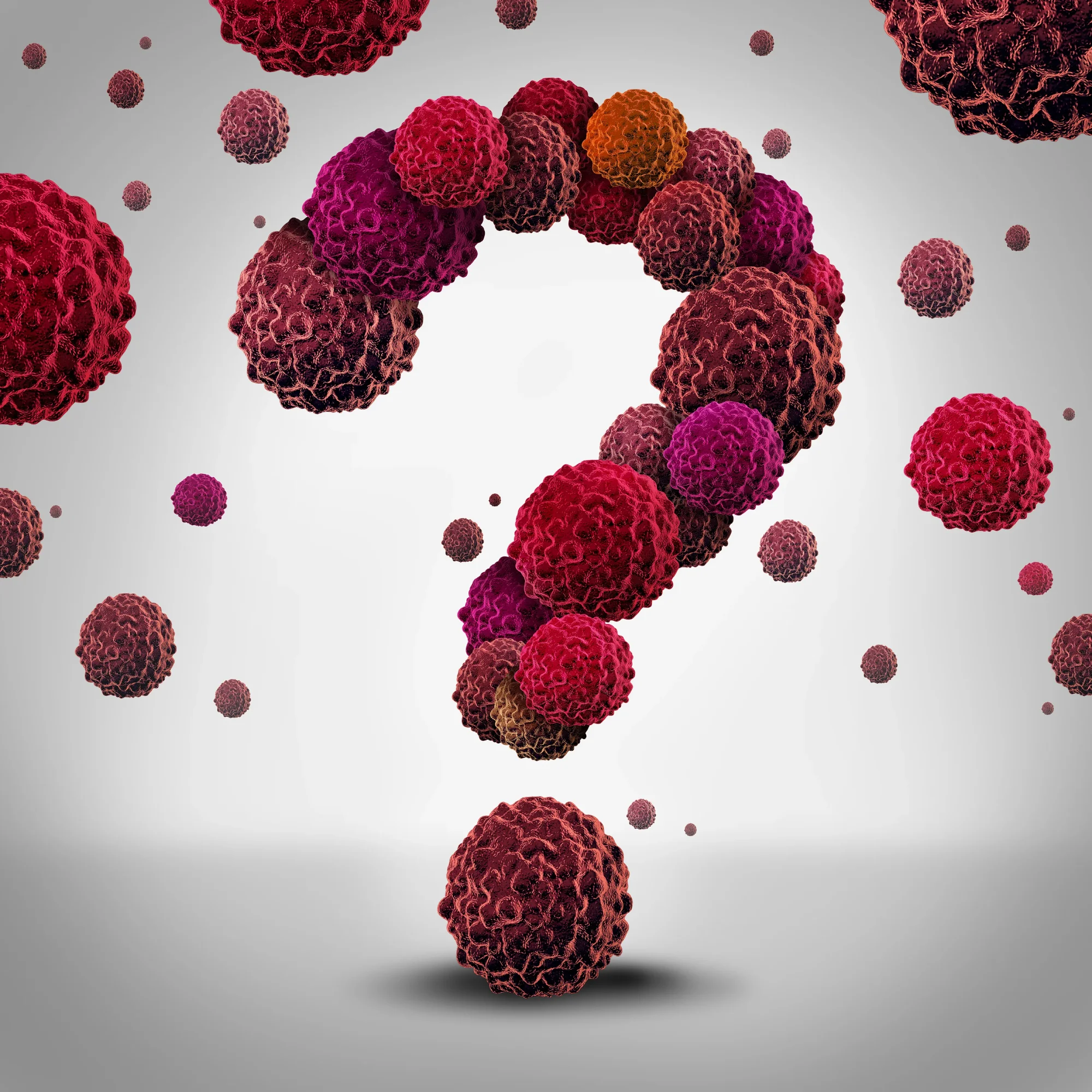News & Articles

Common Myths: Chemotherapy, Immunotherapy & Targeted Therapy

Beyond chemo: Myths & facts
Parkway Cancer Centre’s Dr Tan Wu Meng looks at two common myths about immunotherapy and targeted therapy.
Myth: Chemotherapy is the only treatment for cancer
Fact: Cancer can be treated with a combination of treatments
Some people believe that chemotherapy is the only way to treat cancer. But in a number of cases, a multimodal approach – that is, combining treatments – can produce better treatment outcomes. These include surgery, chemotherapy, immunotherapy, targeted therapy and hormonal therapy. Doctors now have an increasing number of options and effective treatment combinations to choose from in the battle against cancer.
The recommended choice and combination depends on the type of cancer cell and the stage of the cancer. One of the most exciting new treatment methods is immunotherapy which harnesses the human body’s own immune system to fight cancer cells by giving it a boost. The immune system fights disease by detecting abnormalities in the body and destroying them.
But cancer cells can camouflage themselves to avoid detection. Immunotherapy can use checkpoint inhibitors to lift the “brakes” off the immune system, allowing it to detect the camouflaged cancer cells and destroy them. One involves stimulating the immune system to attack cancer at a cellular level. Immunotherapy has been found to be effective in certain types of cancer.
For example, it has been approved by the United States’ Food and Drug Administration for certain malignant lymphomas, metastatic melanoma, metastatic non-small cell lung cancer, bladder cancer and recurrent head and neck cancer – and this list continues to evolve. However, like other forms of treatment, immunotherapy also has side effects. You should discuss with your doctor on what side effects to look out for, and how best to monitor yourself.
Myth: Targeted therapy (oral tablets) has no side effects
Fact: Targeted therapy has some side effects Targeted therapy homes in on specific cancer cells to stop them from growing. Some of the drugs used in targeted therapy home in on cancer-related genes and their ensuing proteins which are related to the growth and spread of cancer, and attempt to restore normal cell behaviour or act as an antibody against the cancer cells.
Others target the blood vessels that supply nutrients to the tumour, preventing the cancer from growing and spreading. Unlike chemotherapy, these mechanisms do not cause as much harm to healthy cells in general. However, there can still be side effects, depending on how the individual targeted therapy works. These are generally well tolerated and better controlled than those caused by traditional chemotherapy. Some of the common ones include:
- Diarrhoea
- Skin, hair, nail or eye problems
- Slower healing of wounds
- Hypertension
- Abnormal liver function
The exact side effects depend on individual targeted therapies, and you should discuss them with your doctor. However, it has its limitations. If the targeted treatment is aimed at a gene mutation that stimulates the cancer’s growth, then the treatment can only work if the tumour has that particular mutation.
In some cases, the tumour may not respond to the drugs used, or the cancer cells may mutate and become resistant to them. The tumour may also find a new way to grow by mutating so that it no longer depends on the target.
No magic bullet
While immunotherapy and targeted therapy are important advances in cancer treatment, we need to remember, however, that they are not magic bullets.
The optimal choice of treatment, and in which sequence or combination, will depend very much on the type of cancer and the stage of the cancer.
With researchers developing more targeted drugs as they learn more about cancer cells, and clinical trials showing successful treatment therapies, we can look forward to an ever-widening range of treatments and better outcomes for cancer patients.
| POSTED IN | Cancer Treatments |
| TAGS | cancer drugs, cancer mutation, chemotherapy, common side effects of cancer treatment, immune checkpoint inhibitors, immunotherapy, misconceptions, targeted therapy |
| READ MORE ABOUT | Head and Neck Cancer, Hodgkin Lymphoma, Lung Cancer, Lymphoma, Melanoma, Non-Hodgkin Lymphoma |
| PUBLISHED | 11 January 2018 |
